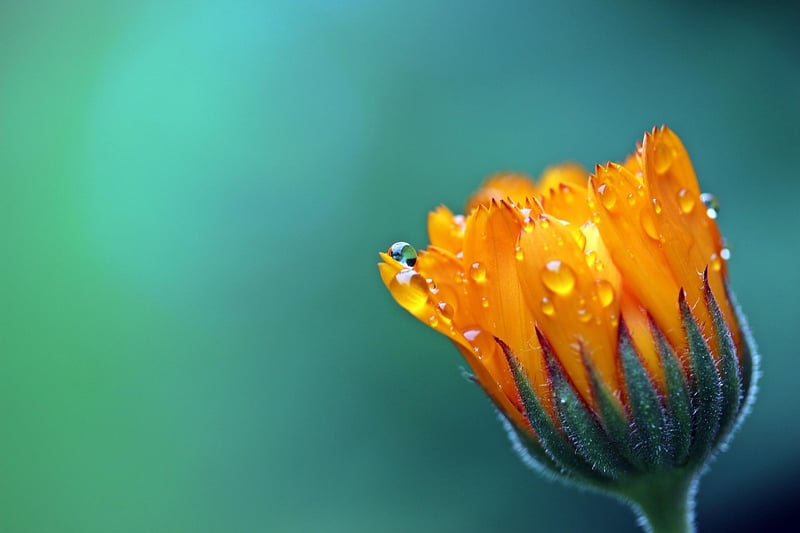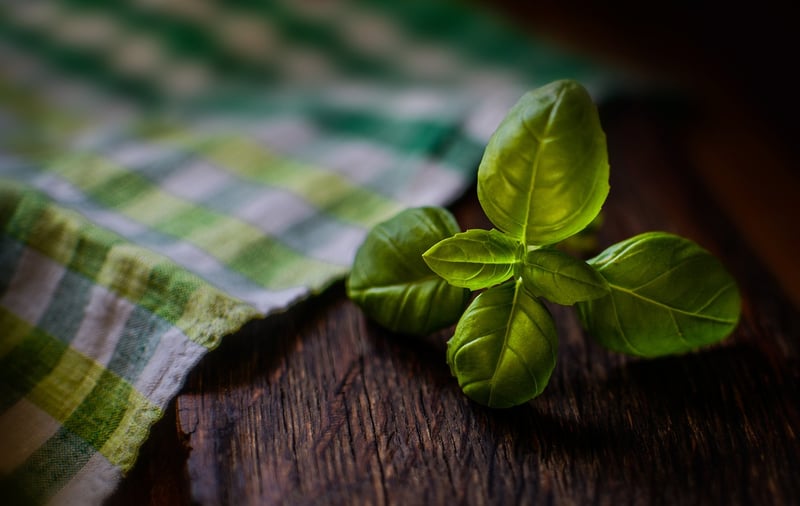Companion Planting
Managing Garden Pests Organically + Companion Planting
Introduction
Gardening is a wonderful way to connect with nature and grow your own fresh produce. However, dealing with garden pests can be a real challenge. In this article, we will explore organic methods for managing garden pests and the concept of companion planting to promote a healthy and thriving garden.
Organic Pest Control
Organic pest control involves using natural methods and products to manage garden pests without the use of harmful chemicals. Here are some effective organic pest control methods:
1. Handpicking
Inspect your plants regularly and handpick any pests you find, such as caterpillars or beetles. This method is labor-intensive but can be very effective for small infestations.
2. Neem Oil
Neem oil is a natural insecticide that can help control a wide range of garden pests, including aphids, whiteflies, and spider mites. Dilute neem oil according to the instructions and spray it on affected plants.
3. Beneficial Insects
Attract beneficial insects like ladybugs, lacewings, and predatory wasps to your garden. These insects feed on garden pests and help keep their populations in check.
Companion Planting
Companion planting is a gardening technique where different plants are grown together to benefit each other. By planting certain combinations of plants, you can naturally repel pests, attract beneficial insects, and improve overall plant health.
1. Marigolds
Marigolds are known for their strong scent, which can deter pests like nematodes and whiteflies. Planting marigolds alongside vegetables can help protect them from these pests.

2. Basil
Basil has natural insect-repelling properties and can help keep pests like mosquitoes and flies away. Planting basil near tomatoes can also improve their flavor.

3. Nasturtiums
Nasturtiums attract aphids away from other plants, making them a great companion for vegetables like cucumbers and squash. Plus, you can use nasturtium flowers in salads!

Conclusion
By incorporating organic pest control methods and companion planting techniques into your gardening routine, you can create a healthy and balanced ecosystem in your garden. Not only will you reduce the need for harmful chemicals, but you'll also enjoy a bountiful harvest of fresh, pest-free produce.
Happy gardening!
